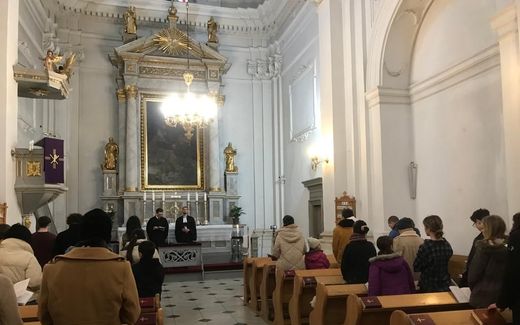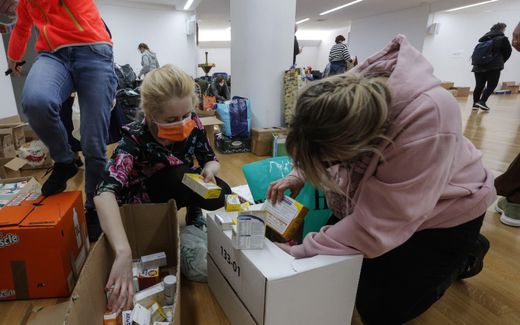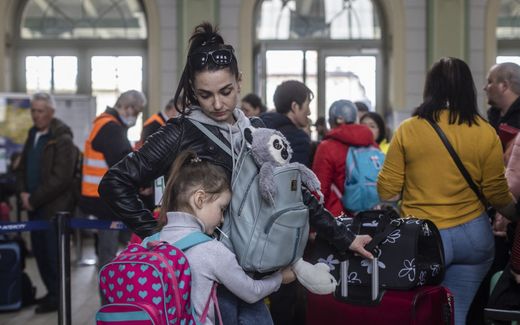Weekly column from Poland: Never before, my country was so anti-Catholic
29-07-2022
Christian Life
Sashko Nezamutdinov, CNE.news
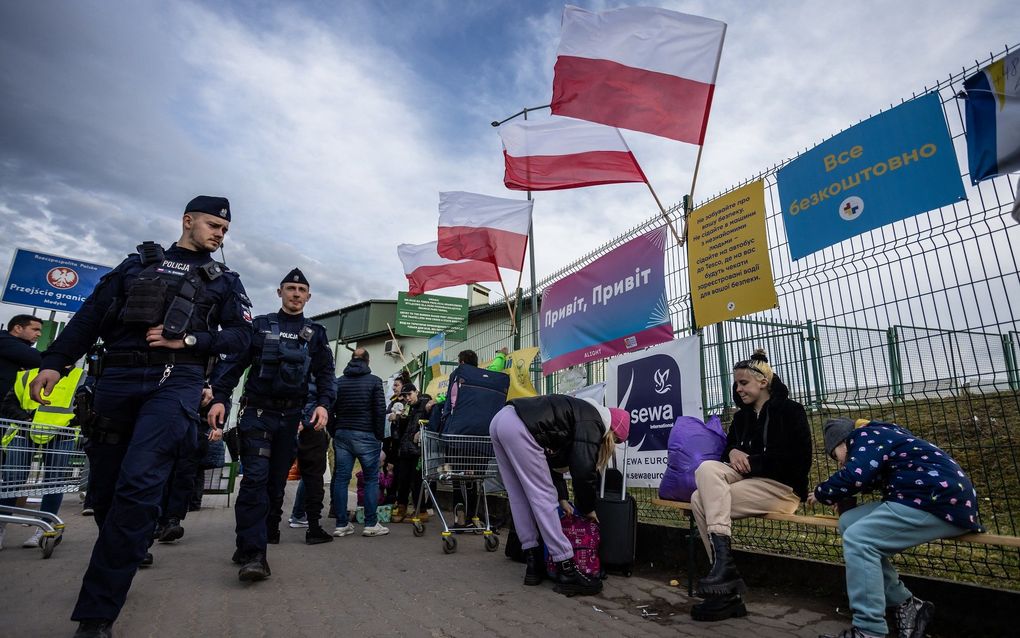
Polish Police officers walk past refugees from Ukraine resting at the Polish/Ukrainian border crossing in Medyka. Photo AFP, Wojtek Radwanski
Christian Life
I recall reading a Polish government report on immigration policy in 2011 and being surprised to find out that it had been the Polish government’s intention to open its borders and the job market to Ukrainians. One of the main reasons was quick cultural assimilation, historical ties and traditional views on social matters. As Polish society was heading towards becoming more secular, liberal and Western, the conservative Polish government had decided to fill the country with immigrants that would have been way more traditional.
Poland is going through a unique period in its history. Never before has Polish society been so polarised, and never before has Polish society been so anti-Catholic. This trend is only increasing, and one of my favourite things to say is that very very soon, Poland will repeat the history of the anticlerical and anti-religious pathway of the Catholic Republic of Ireland from 20-30 years ago. These trends are natural and very predictable because we know how they played out in Western Europe, and we know more or less how they will turn out in our part of the world in the nearest future. This knowledge and information and the Western European experience are tremendously helpful for conservative politicians. They are trying to push back the liberal leftist agenda in Poland. It is a little like playing chess when you know your opponent’s next couple of moves. Playing catch-up with the West is great in a political and social sense because it gives you time to prepare for the trends slowly moving your way. This is a luxury that the West does not have.
Family is a great concept showing how this dynamic works out in practice. As the concept of the family gets blurry and redefined in the West, a natural way to counteract this would be by means of promoting traditional marriage and values. And apart from tightening the abortion laws, the Polish government does a lot to encourage young people to start families. It is tirelessly working to promote traditional family values based on the Judeo-Christian understanding and definition of the family. I don’t know of another European country that could boast a better social family support policy or better encouragement for young people to have children. From the first month of a child’s life until the child is 18 years old, the State gives €120 per month to support the child. This may not seem like a very high amount compared to other Western European countries. Still, its buying power is much higher than in the West (well, at least it was until inflation went through the roof in Poland after two years of pandemic and straining the economy because of the influx of Ukrainian refugees).
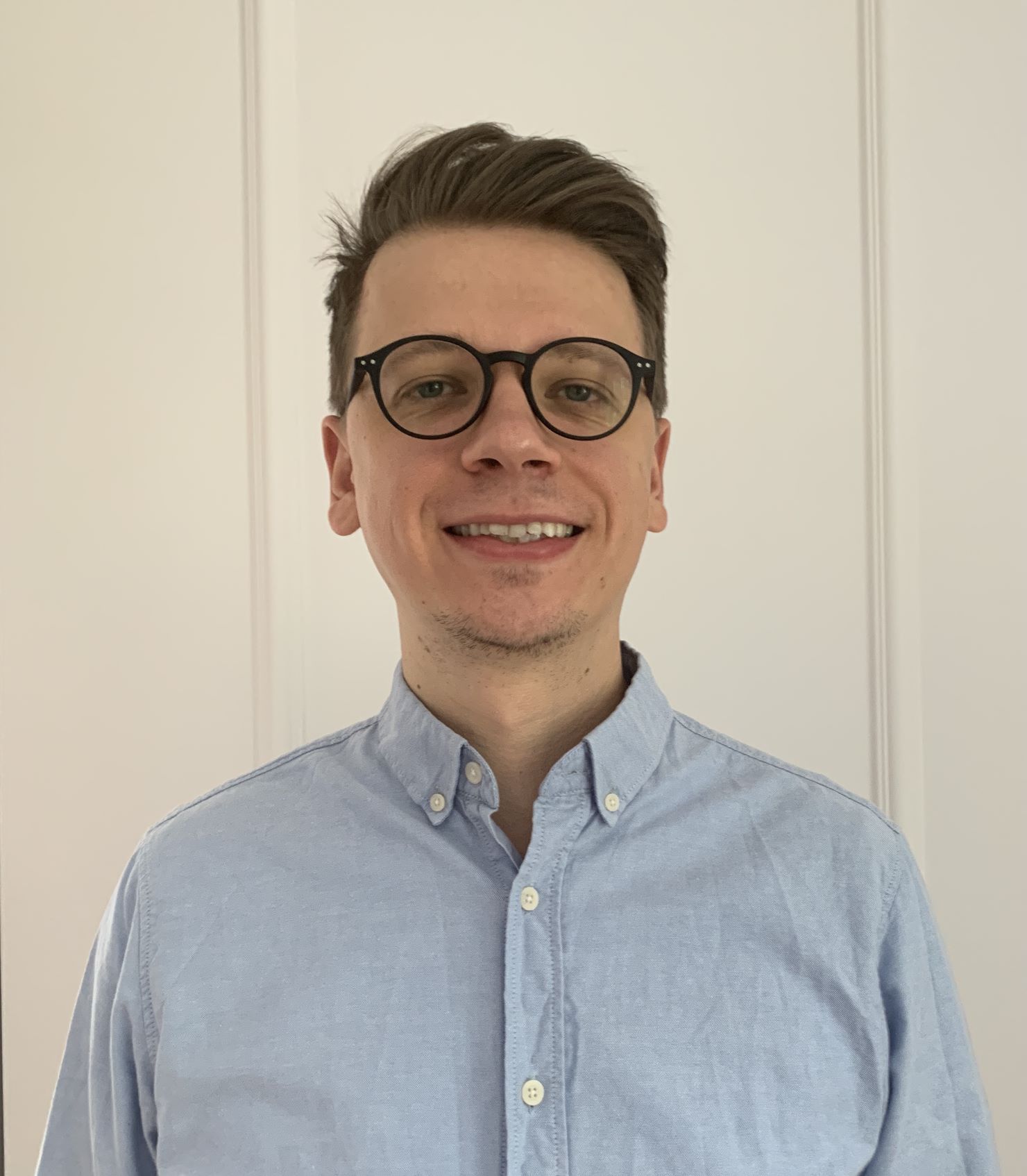
Maternity leave politics is another great indicator of the country’s values. After the child’s birth, mothers can stay for up to one year on paid-by-the-government maternity leave. And at the end of that year, they are entitled to take more paid time off for the vacation days they accumulated. In addition, doctors can be persuaded to sign the maternity leave befóre the child is born. During these maternity leaves, the State pays 80-100% of the salary that the mother used to receive before giving birth. In this situation, we are talking about almost 18 months of paid leave for mothers. It can be either the mother or the father who takes parental leave after the baby is born.
The mission of the Institute for Gender and Sexuality Analysis “She and He” Foundation is to spread reliable scientific knowledge on the topics of marriage and family, gender, fertility and sexuality in the broader context of the comprehensively understood health and development of each individual and the harmonious and long-term development of society at the same time. Respecting the inalienable dignity of every human being and the right to self-determination in one’s private life, we strive to promote the position that, regardless of the constraints that happen in life, a properly functioning natural family consisting of a biological father and mother and their children is the foundation of any society, and as such should always be protected, recommended as a model and privileged under the law, both for ethical, demographic, social and economic reasons.
In Poland, even secular initiatives are being started to promote traditional marriage. Different charities and foundations take special care of children and young adults to guarantee their right to proper and age-appropriate development and to prepare them to take on responsible life roles in the future. These institutions also raise awareness of the challenges and dangers of the sexual revolution and anti-cultural neo-Marxism, as one of the main sources of the modern family crisis. It’s been four months since Ukrainian refugees started coming to Poland, and only now have those differences become more and more visible. When it comes to things like traditional marriage, Poles are conservative because of their religious convictions and upbringing, while Ukrainians are conservative because new Western definitions of family are new and foreign to them and not because of some deeper moral convictions.
Judeo-Christian values are proven and fundamental to the development of European civilisation, but I am excited to see what “the Polish experiment” will bring to the bigger European table. I sincerely hope it works out and pray that the sovereign God keeps watching over it.
Related Articles


